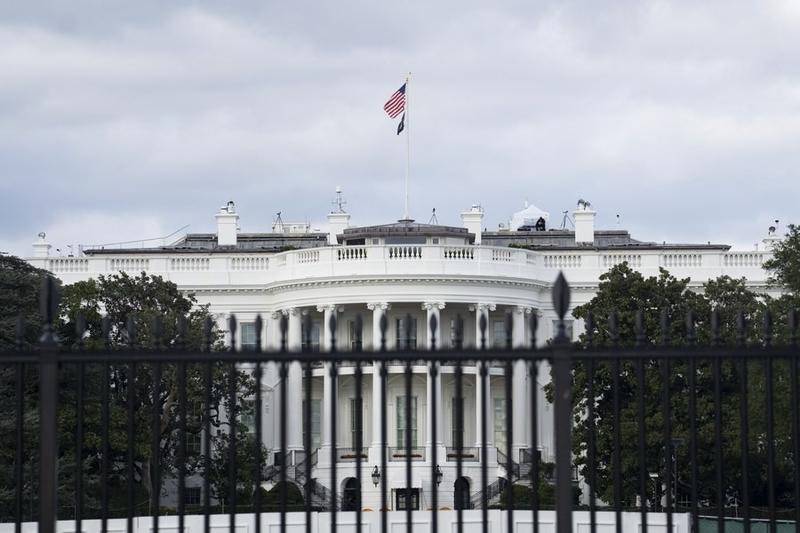 This file photo dated Oct 28, 2021 shows the White House in Washington, DC, the United States. (PHOTO / XINHUA)
This file photo dated Oct 28, 2021 shows the White House in Washington, DC, the United States. (PHOTO / XINHUA)
Reports that talks over the "Indo-Pacific" Economic Framework for Prosperity have stalled suggest the United States' efforts to use the new economic agreement among 14 Asia-Pacific countries to counter China on the economic front in the region have basically failed.
Launched by Washington in May 2022, the Joe Biden administration's first major trade and economic initiative came with much fanfare and with the aim of strengthening relationships with key economies in the region to establish supply chains excluding China. It was to be built on four pillars — supply chains, clean energy, tax and anti-corruption, and trade — and involve US allies such as Japan, the Republic of Korea and Australia, with the IPEF participants together accounting for about 40 percent of the global economy.
READ MORE: Biden administration should hold true to its word
Yet Biden's signature trade initiative has been pretty much dead in the water after the US opted against agreeing to an "early harvest" of outcomes for the "trade pillar" last November, mainly due to its refusal to open up the US market to the other members and domestic concerns about US jobs.
Senator Sherrod Brown, a Democrat from Ohio and leader of the Senate banking committee, has led the opposition within Biden's Democratic Party to the finalizing of the trade pillar, citing a lack of "enforceable labor standards". He also led the opposition to the Trans-Pacific Partnership in 2015, which American labor unions believe would cause more offshoring of jobs and lower wages, and benefit only large corporations.
Many Democrats believe former president Barack Obama's support for the TPP helped Donald Trump win the 2016 election, and with many US workers believing the IPEF would be doing them no good, the Democrats don't want to risk losing the votes of labor unions, a key Democratic constituency, again.
Some US allies and partners have also been unenthusiastic about the trade initiative, partly because it is not a free trade deal and does not offer them US market access. That the IPEF seems set to go nowhere not only points to the failure of Washington to rebuild its economic leadership in the Asia-Pacific. It will also deal another heavy blow to the country's credibility, which took a hit when the US negotiated and then pulled out of the TPP in 2017.
ALSO READ: US' calculations loss-leading for chip industry
The success of the Asia-Pacific economy depends on openness, cooperation and mutual benefits. For any regional economic cooperation framework to benefit its participating economies, it must be open and inclusive, rather than being discriminatory and exclusive.
The US should heed the message and change course as its attempt to hold back China's development by politicizing trade and tech issues has already disrupted the global industry and supply chains, causing severe damage to the multilateral trading system, which hurts the interests of all economies.


